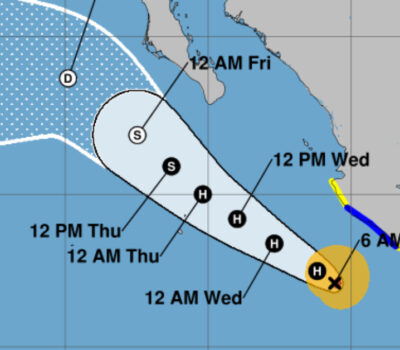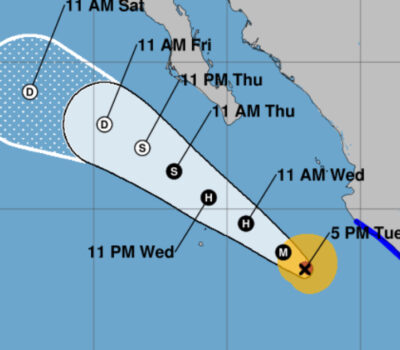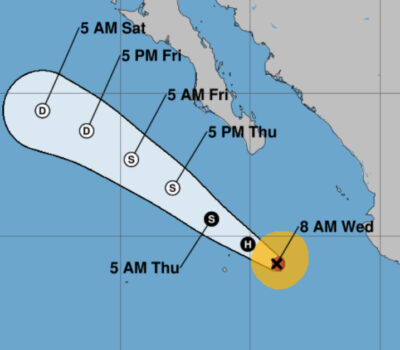Mexico’s government has accepted all the demands of student protesters at the National Polytechnic Institute, or IPN, a public university in the capital, in a bid to prevent the movement from spreading to other higher education institutions.
On Sept. 22, students at the IPN’s Superior School of Engineering and Architecture halted activities to protest new internal regulations that they said lowered the institution’s academic and professional level.
The movement quickly grew and seemed on the verge of expanding to all of the country’s public universities.
Mexico’s government secretary, Miguel Angel Osorio Chong, received a list of 10 demands four days ago from the students and on Friday said in an address to thousands of students outside his ministry’s headquarters that all of them had been officially accepted.
The government’s rapid response reflects its fear of new student demonstrations two years after the rise of the “Yo soy 132” student movement, when started in May 2012, shortly before Enrique Peña Nieto’s victory in that year’s presidential election returned the once-hegemonic Institutional Revolutionary Party, or PRI, to power.
The protest movement began on May 11 of that year when Peña Nieto visited the Universidad Iberoamericana and was jeered by students, who accused him of being a candidate “manufactured” by the powerful Televisa network.
The list of demands accepted Friday by Peña Nieto’s government included the scrapping of the controversial new regulations that were approved in September and which opponents say emphasizes technical as opposed to scientific knowledge.
Osorio Chong also announced that the federal government had accepted the resignation of Yoloxochitl Bustamante, the now-former director of the IPN, thus fulfilling another of the protesters’ main demands.
He said the students will face no “academic, administrative or legal reprisals” and expressed the government’s commitment to maintaining the excellence of public higher education and increasing the federal budget for public universities, without providing precise figures.
Mexico's government has accepted all the demands of student protesters at the National Polytechnic Institute, or IPN, a public university in the capital, in . . .











